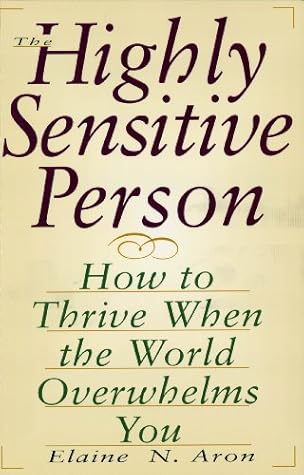More on this book
Community
Kindle Notes & Highlights
“I practice myself; I try to live a life true to animal and human nature.” Meditates daily. Has no “faith” except a faith that all will be okay. Knows there is a spirit, a greater power, a guiding force. “If I had been a man, I would have been a Jesuit.” “Everything alive is important; there’s something greater, I know.” “We are how we treat other people. Religion? It would be a comfort if I could believe.” “Taoism, the force at work in the universe: Let go of struggle.” Started talking to God when five, sitting in the trees; is guided by a voice during crises, is visited by angels.
...more
This highlight has been truncated due to consecutive passage length restrictions.
There are many responses to the retreat of religion. Some of us totally agree with the skeptics. Some hang on to some kind of abstract force, or goodness. Some hold firmer than ever to their traditions, becoming fundamentalists. Others reject dogma as a source of great trouble in the world, yet enjoy the rituals and certain tenets of their religious tradition. Finally, there is a new breed of religious beings seeking direct experience, not the lessons of authorities. At the same time, they know that for some reason others have different experiences, so they do not try to proclaim their
...more
It is strange to think that ... [Rilke] would perhaps have been broken by the circumstances in which we now live. Is that not further testimony that life is finely balanced? Evidence that, in peaceful times and under favorable circumstances, sensitive artists may search for the purest and most fitting expression of their deepest thoughts so that, during more turbulent and debilitating times, others can turn to them for support and a ready response to their bewildered questions? A response they are unable to formulate for themselves since all their energies are taken up in looking after the
...more
For the meaning of life differs from man to man, from day to day and from hour to hour.... To put the question in general terms would be comparable to the question posed to a chess champion, “Tell me, Master, what is the best move in the world?” There simply is no such thing as the best or even a good move apart from a particular situation in a game.... One should not search for an abstract meaning of life.
Usually the people who are the most dangerous and in danger, morally speaking, are those who are certain they would never do anything wrong, who are totally self-righteous and have no idea that they have a shadow or what it is like.
Wholeness is also a central issue for HSPs in relation to the spiritual and psychological life because so often we are already good at the spiritual and psychological. In fact, if we persist in these to the exclusion of everything else, we are being one-sided. It is very hard for us to see that the most spiritual thing might be to be less spiritual, the most insightful psychological stance might be to dwell less on our psychological insights. A call to wholeness rather than perfection might be the only way to get the message.
Again, no one achieves wholeness. Embodied human life has limits—we cannot be fully both shadow and light, male and female, conscious and unconscious. I think people have tastes of wholeness. Many traditions describe an experience of pure consciousness, beyond thought and its polarities. It comes to us deep in meditation, and an awareness saturated with it can become the foundation of our lives.
While there are tests designed to tell you which is your specialty, Jung thought we could learn more from careful observation of which function we are worst at. This is the function that regularly humiliates us.


